Learn about the different
Workshops by Laura
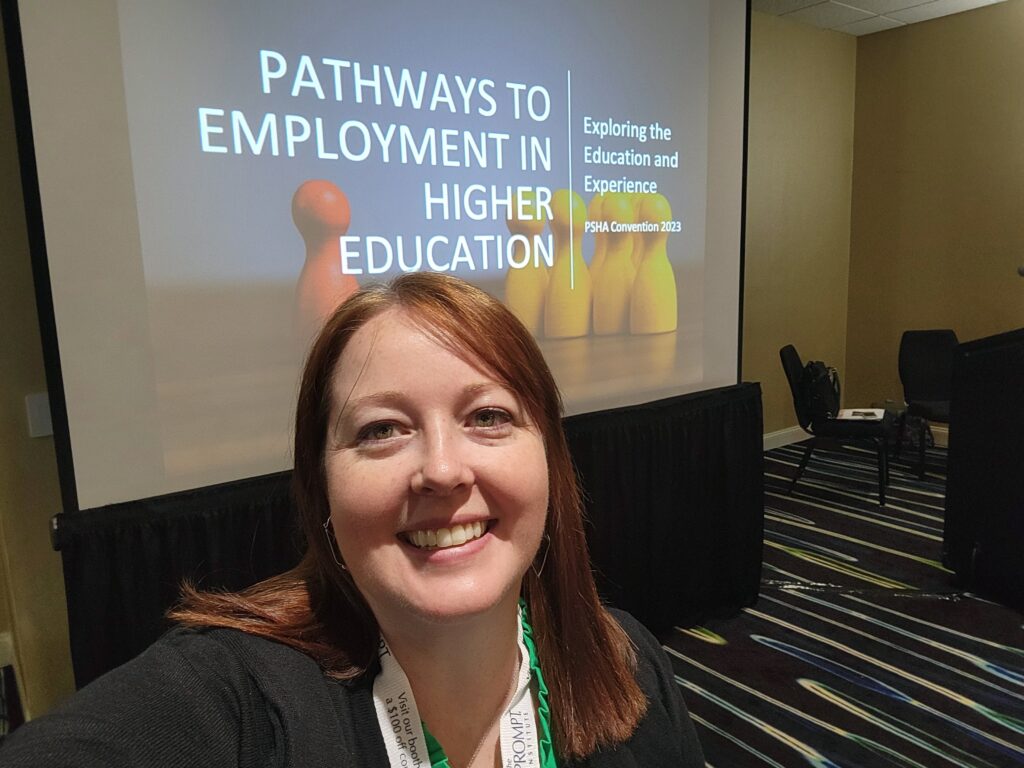
Custom Neurodiversity Workshops
Laura offers several neurodiversity workshops or programs; learn more about them below. She can also create sessions designed for your organization’s specific needs or professional development.
Thoughts on the Workshops
Leader, Collaborator, Advocate…
Tireless Advocate…
Empowering your children…
Determination…
Detailed-Oriented…
Executive Director
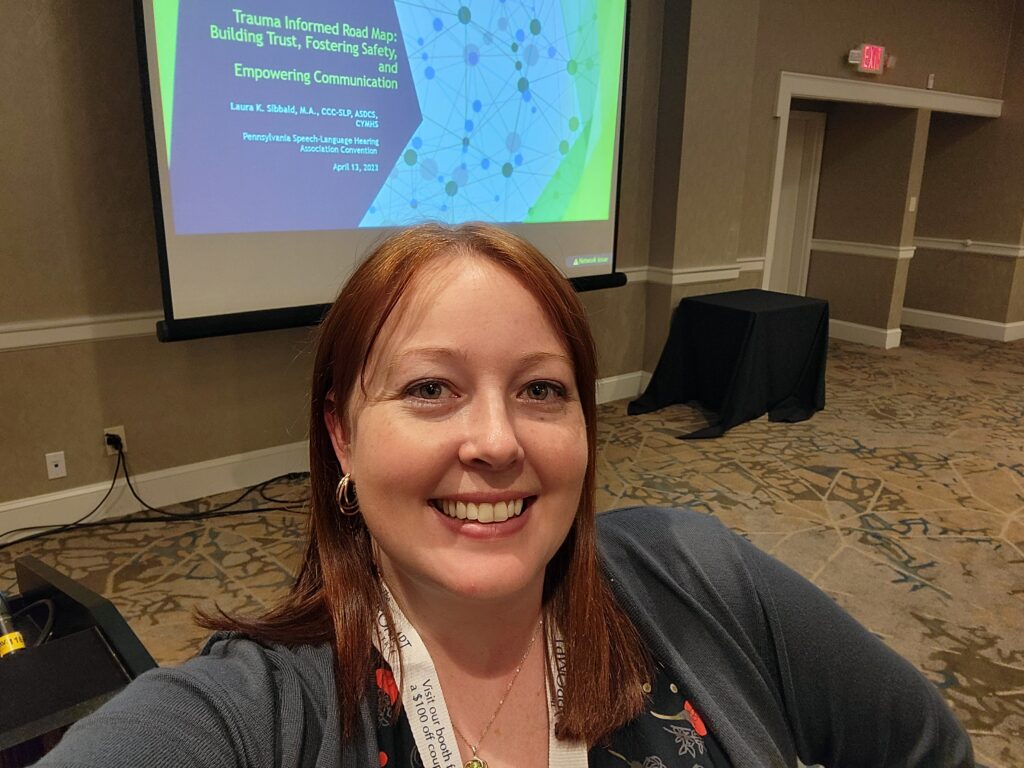
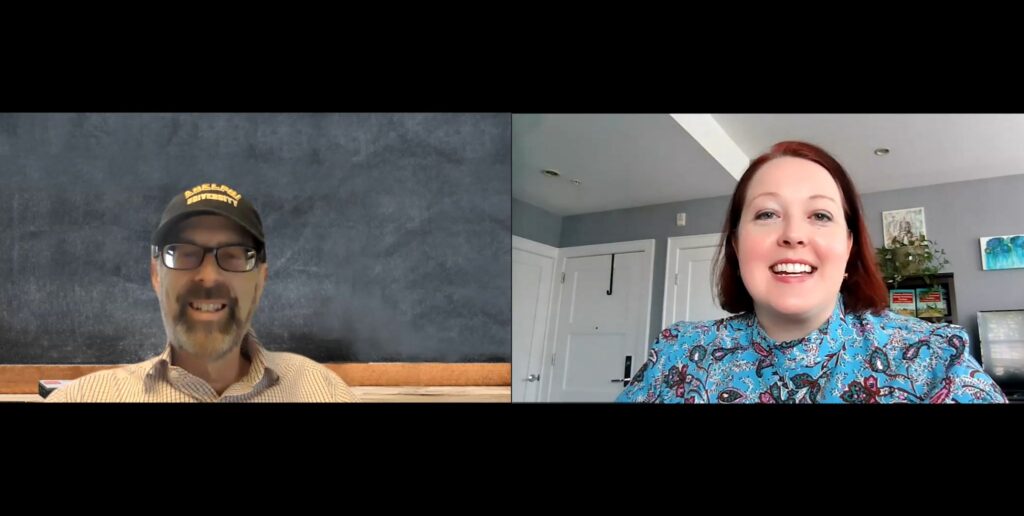
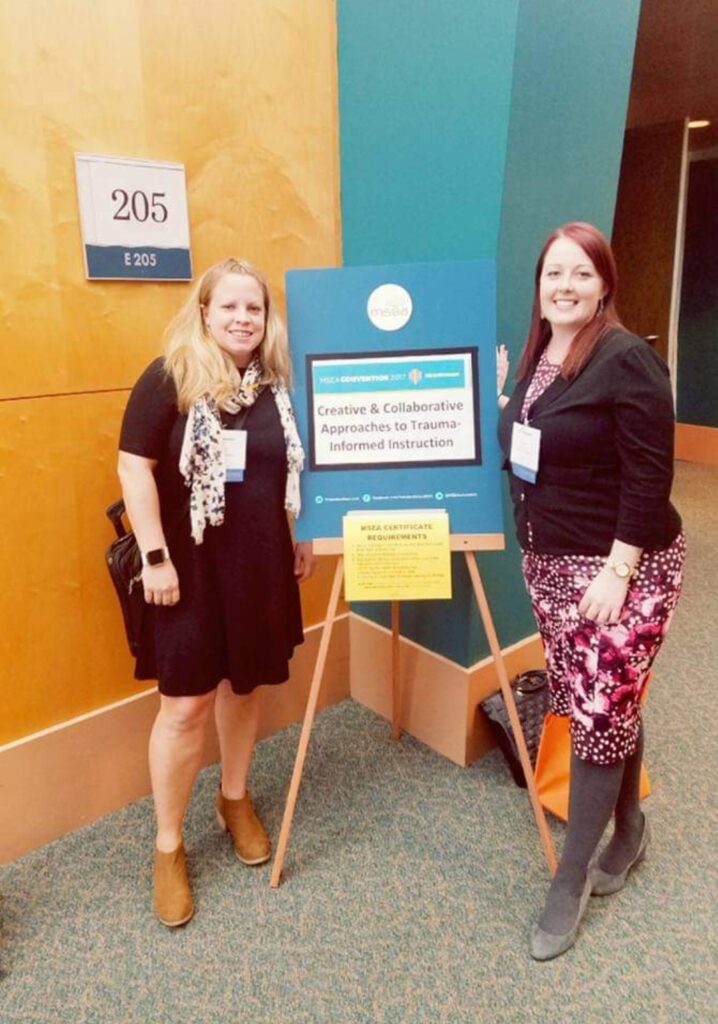
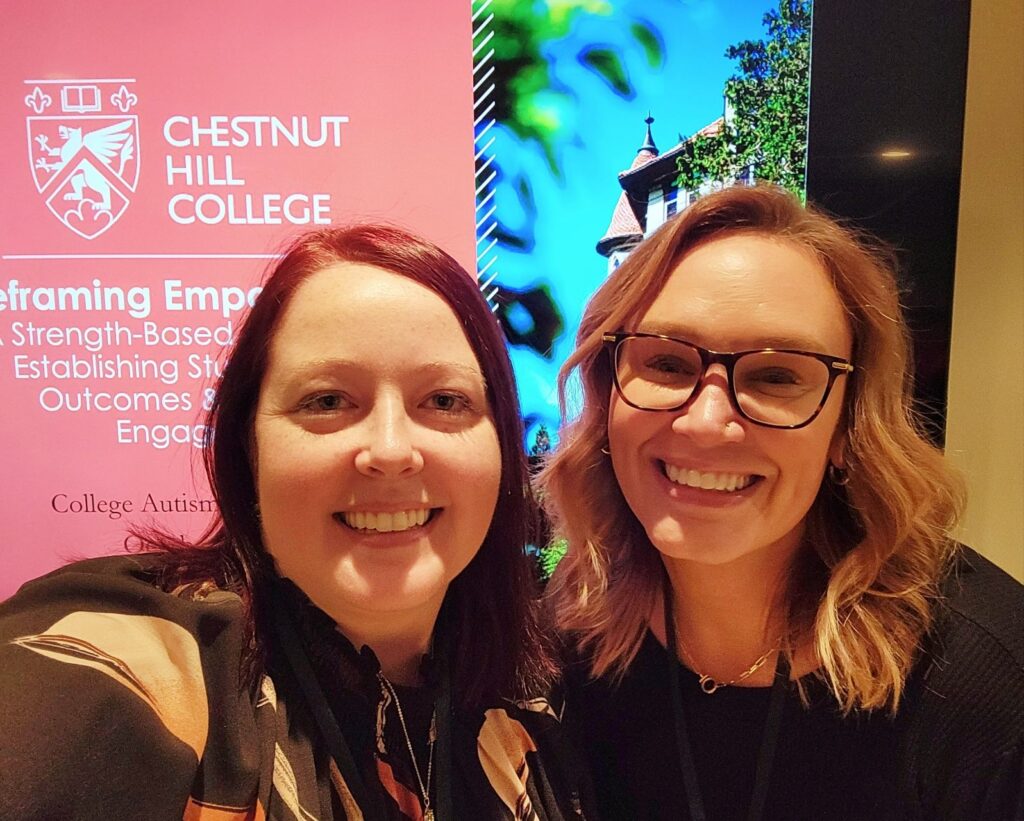
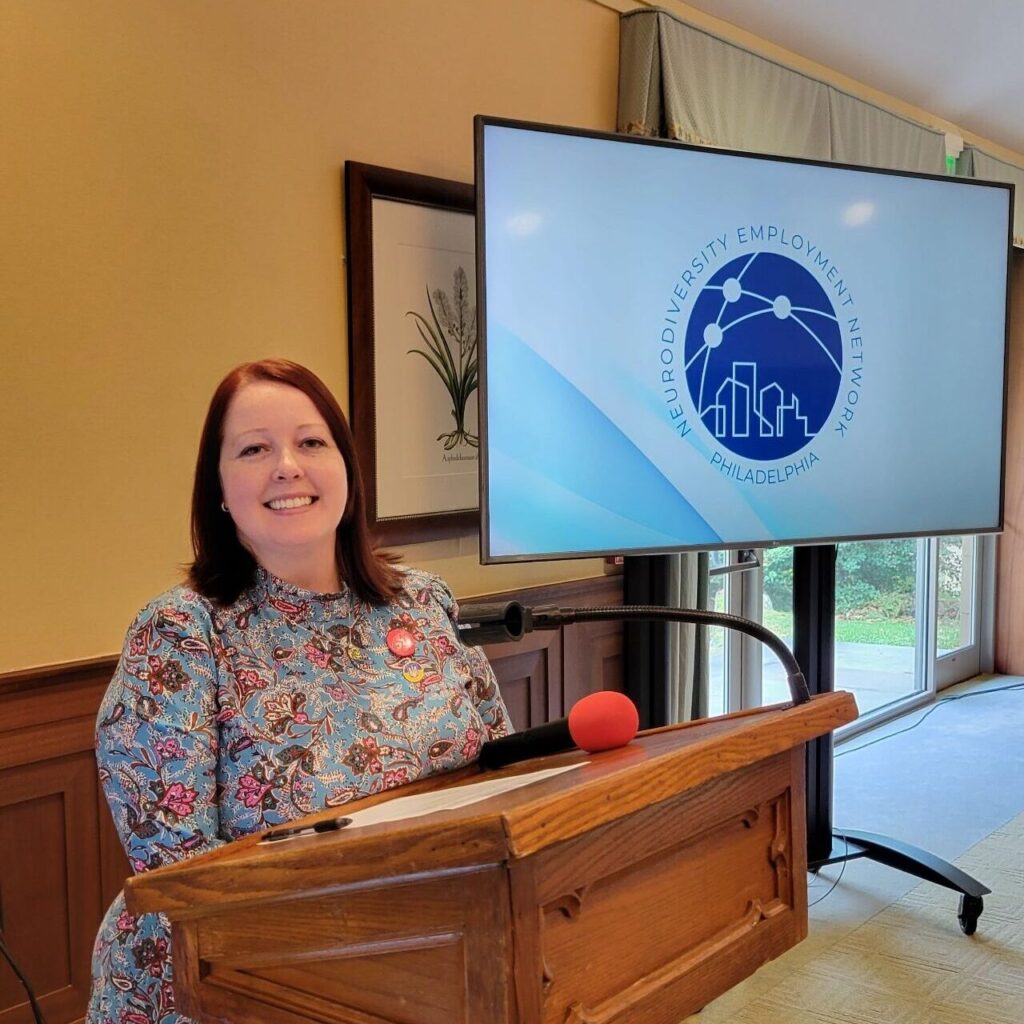
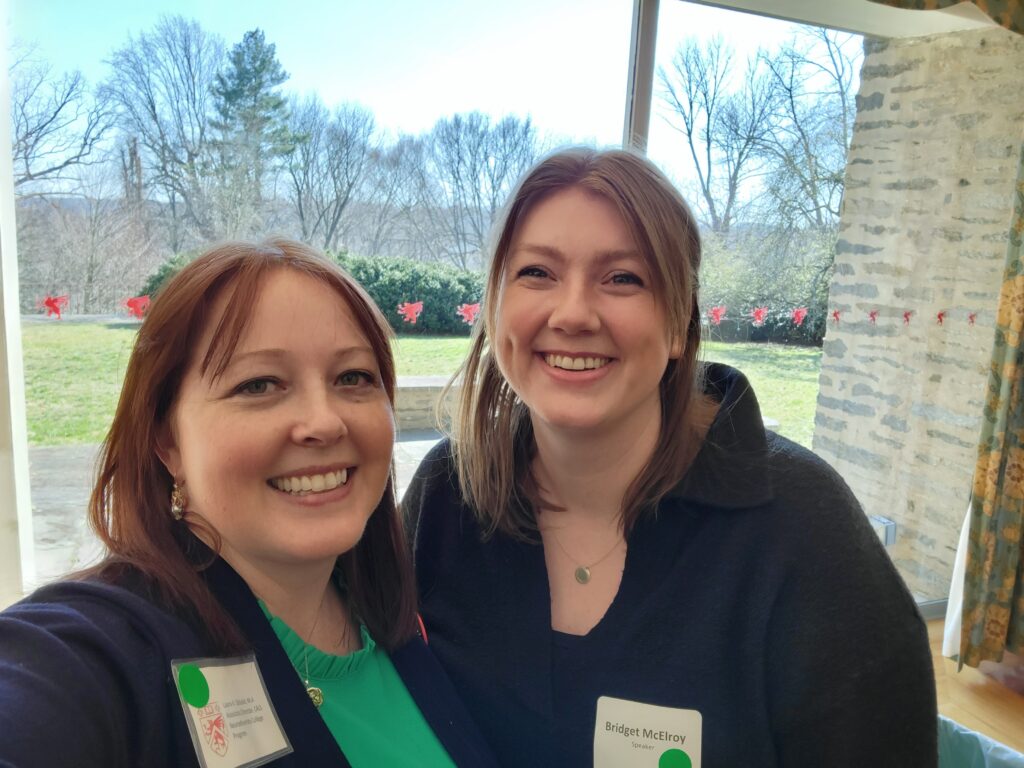
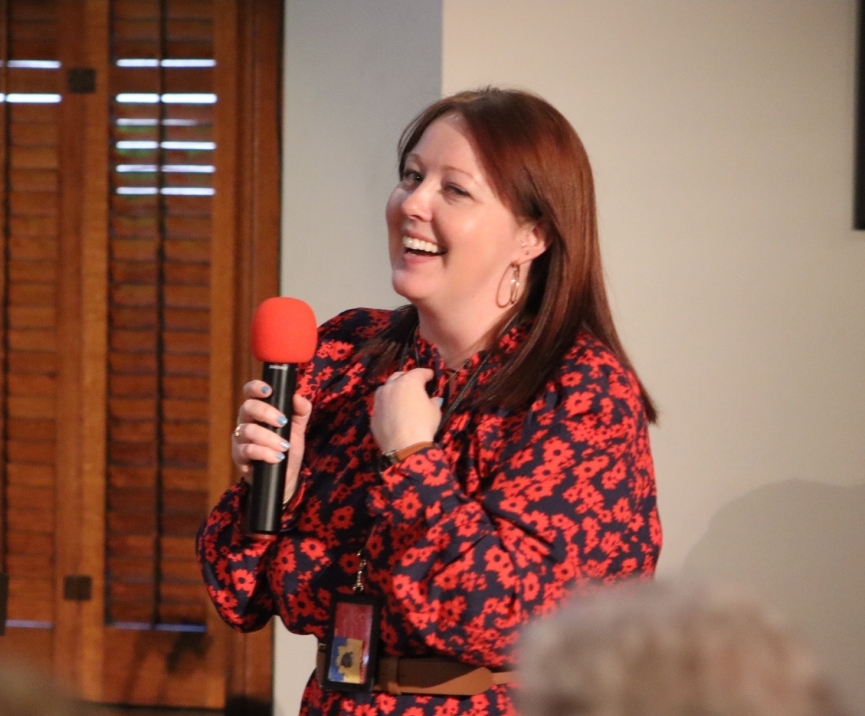

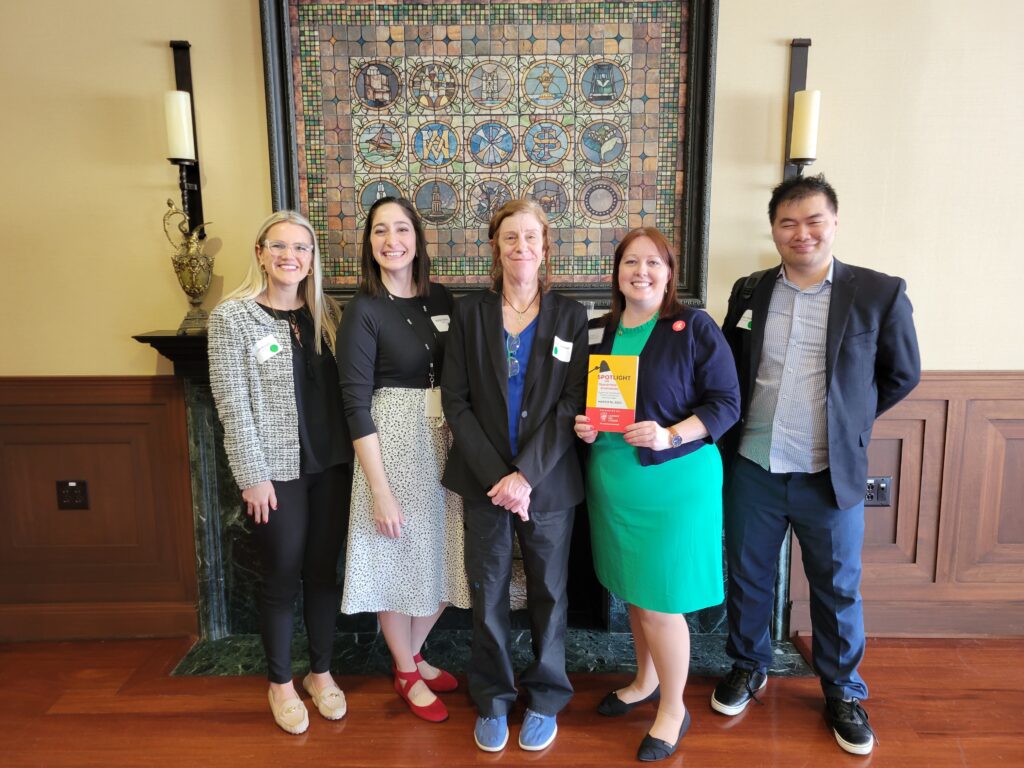
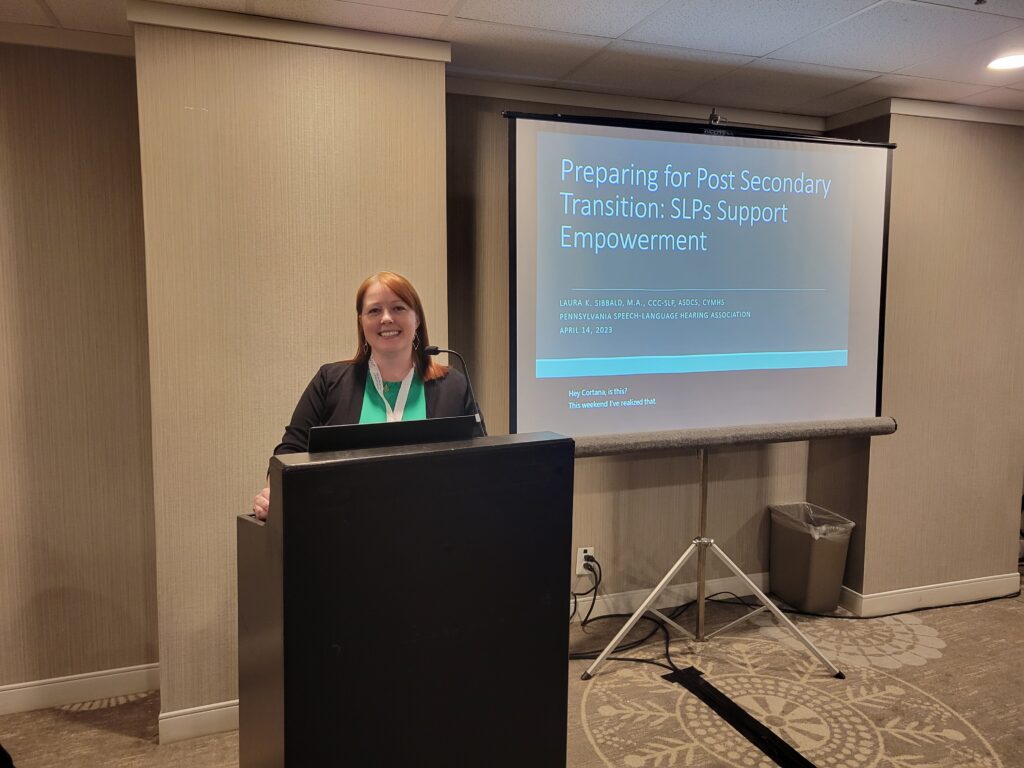
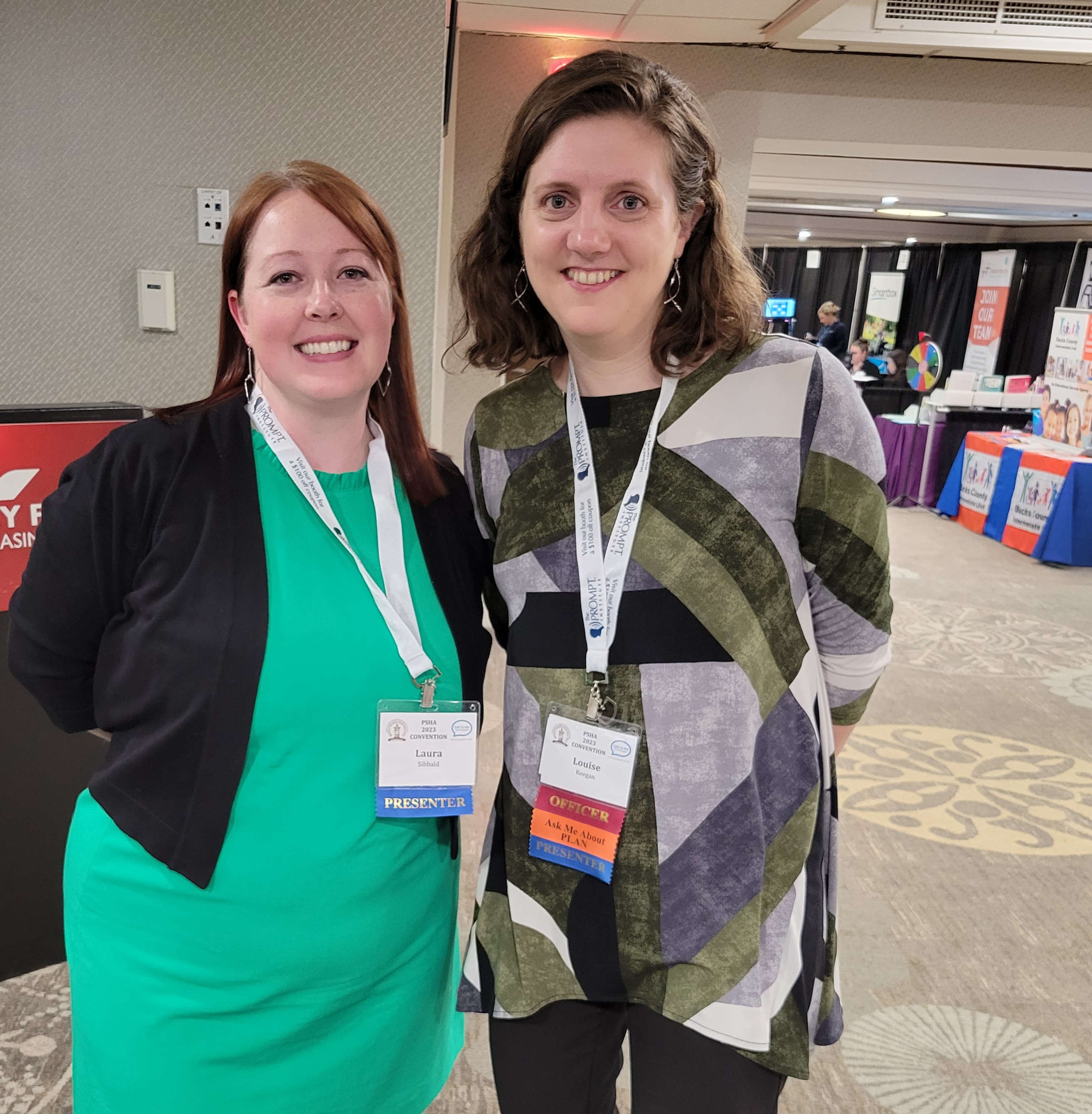
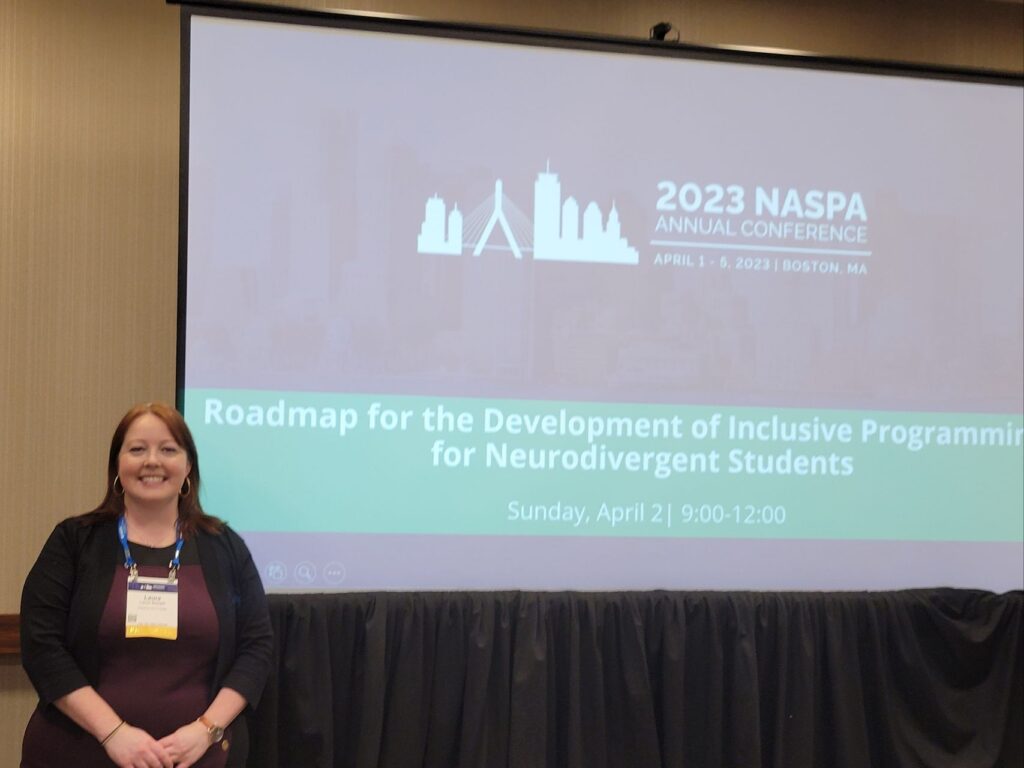
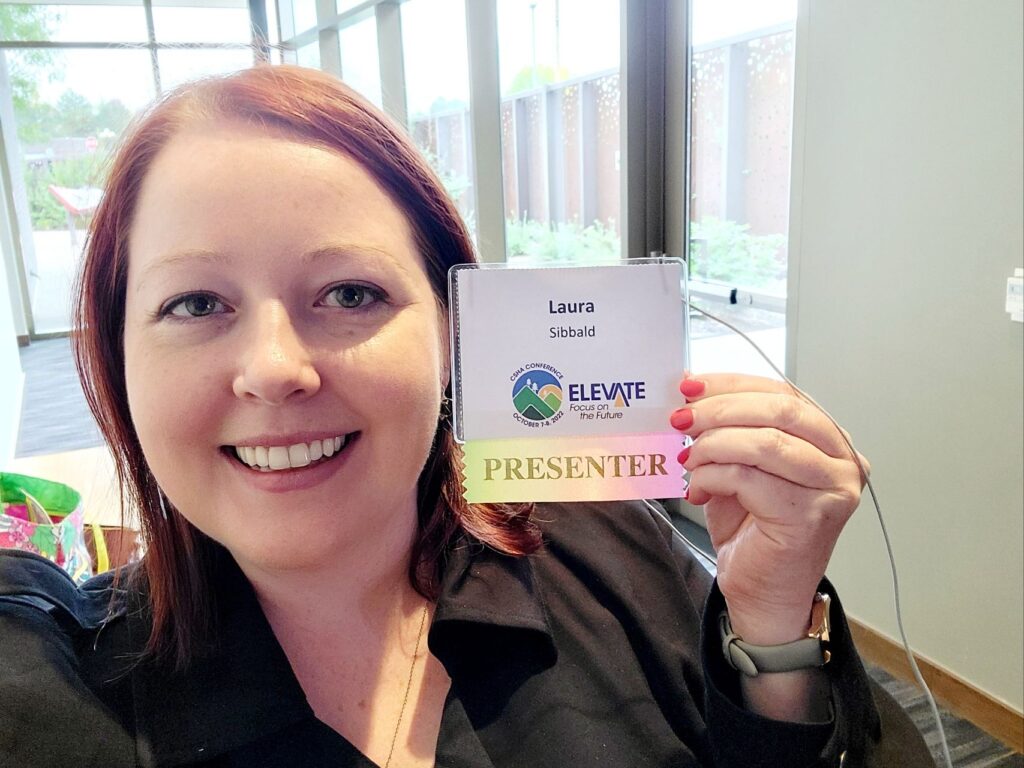
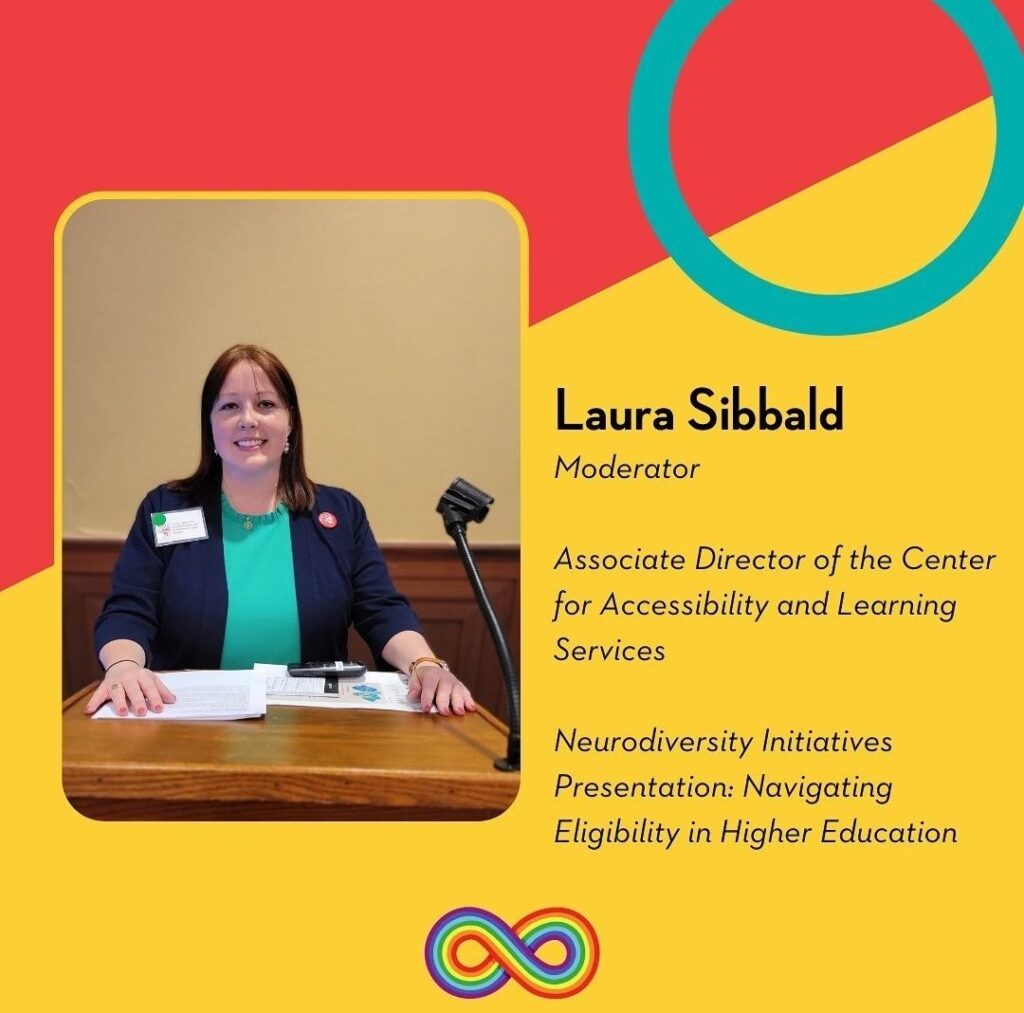
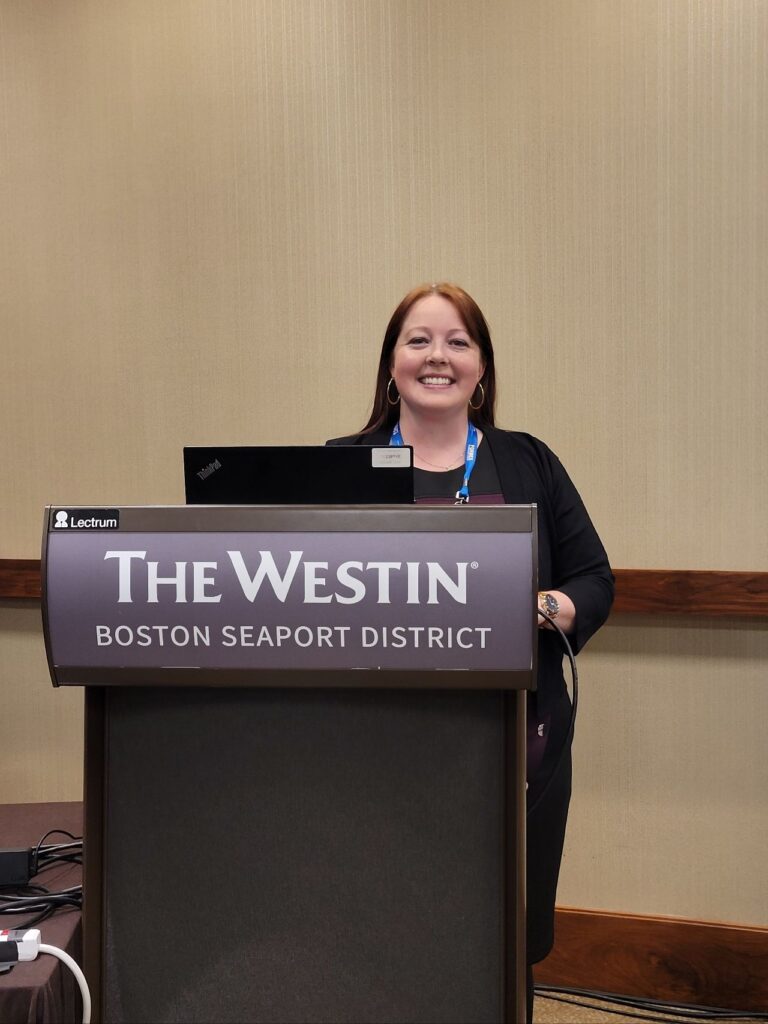
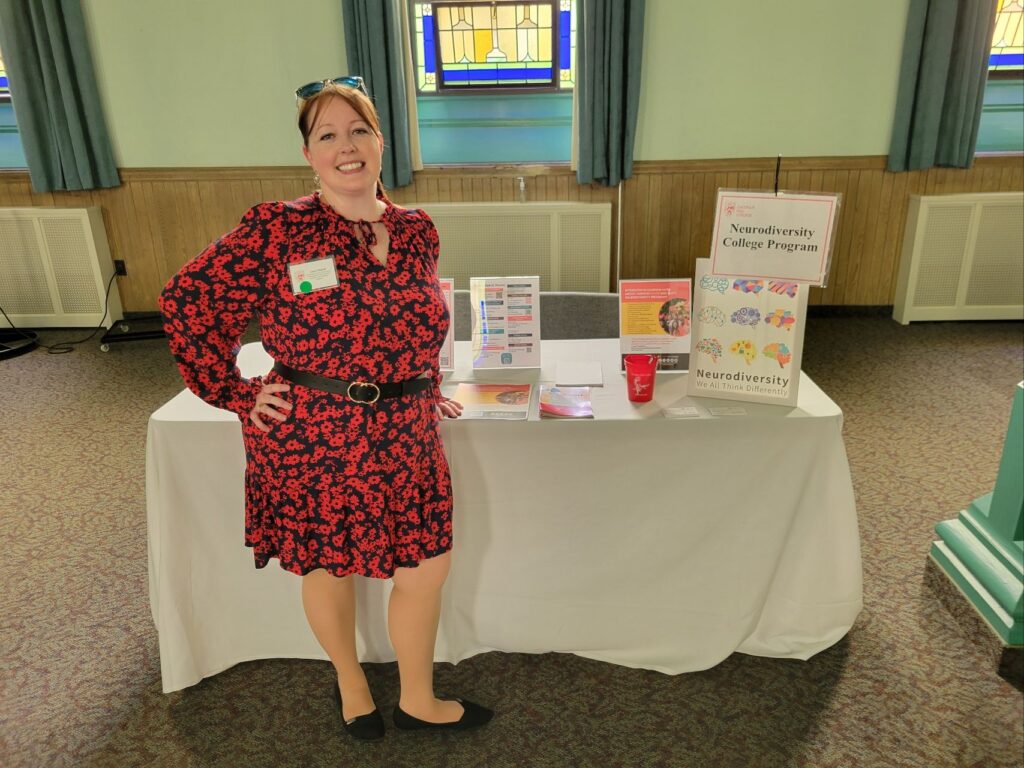
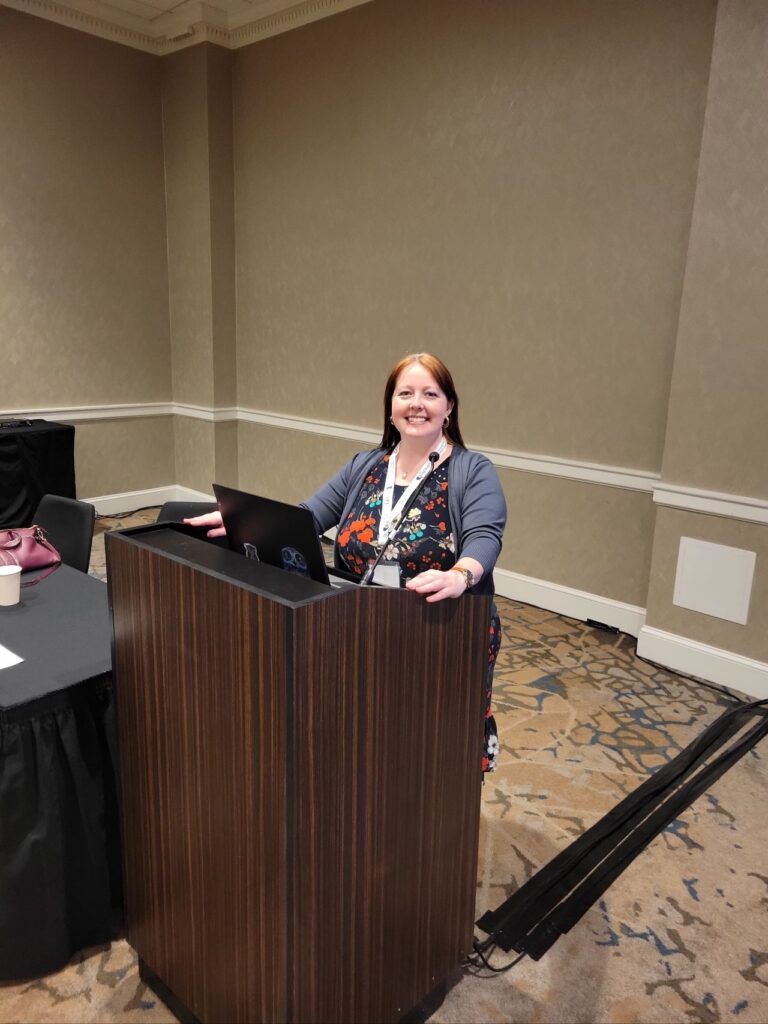
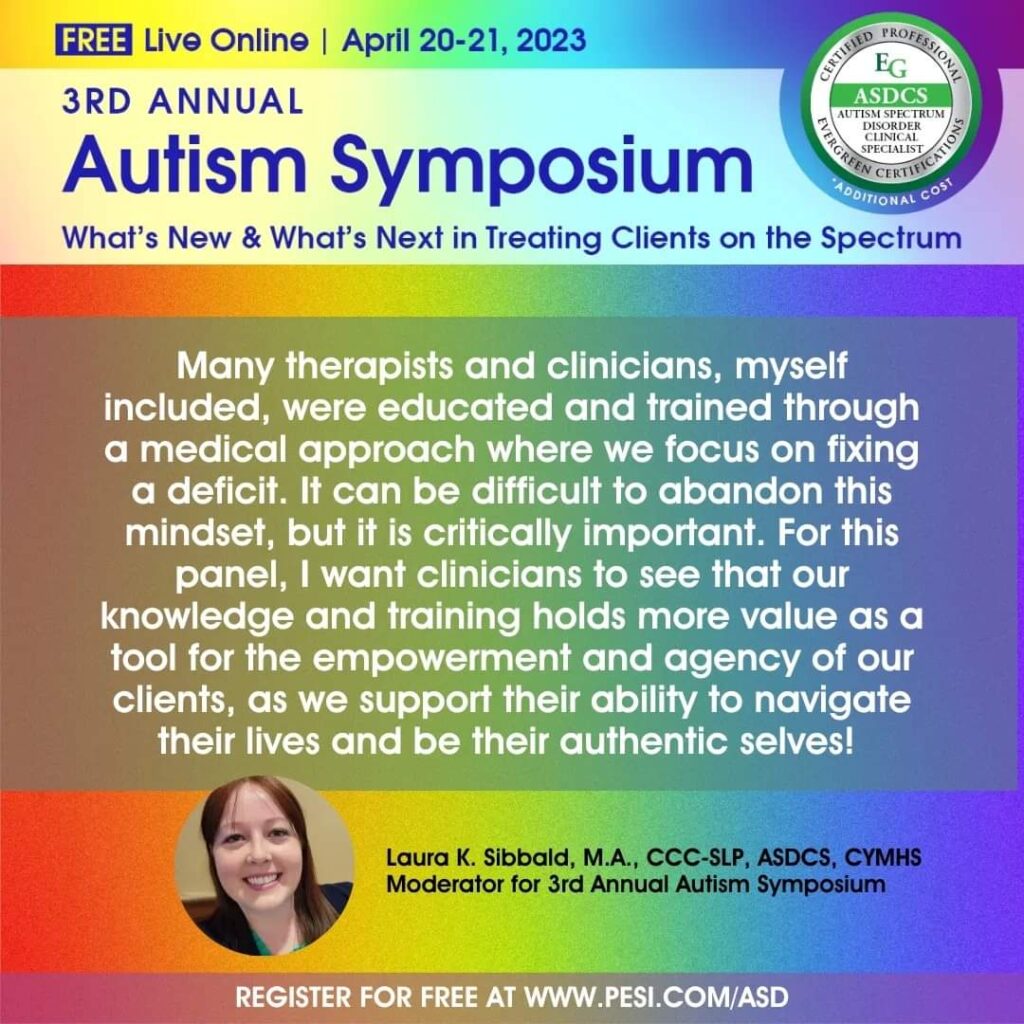
Current Neurodiversity Workshop Offerings
Use the dropdown arrows to learn more about the current workshops.
Duration: 90 minutes; Half Day (3 hours), or Full Day
In-Person or Virtual
Summary:
Children across the country have experienced significant changes within their homes, schools, and communities over the past few years. These changes in our established routines and expectations create obstacles to learning and growth. Neurodivergent students are especially vulnerable to these impacts, as they work to process complex emotions and implement healthy coping strategies in their new environment. This session will explore critical components to effective therapeutic intervention by connecting the ARC Framework on trauma with evidence-based practices for autism and ADHD. Through the development of social-emotional language, neurodivergent children gain the skills necessary to develop self-awareness, and ultimately empower independent problem-solving and resilience skills. Attendees will be provided with resources ready for immediate use.
Learning Objectives:
- Attendees will consider a trauma informed lens in the discussion of supporting growth areas for neurodivergent individuals; identifying critical components of the ARC Framework
- Attendees will distinguish critical elements for scaffolding social-emotional language targets when working with neurodivergent individuals
- Attendees will formulate accommodations, goals, and objectives that reflect trauma informed best practices in targeting language growth.
- Attendees will implement a variety of strategies to support self-awareness, emotional advocacy, problem solving, and resilience in neurodivergent individuals
Duration: 90 minutes, Half Day (3 hours)
In-Person or Virtual
Summary:
When many people hear the term “pragmatics,” they immediately think of a student’s social abilities: how are they interacting with their peers, are they able to follow social rules, etc. The demands of pragmatics within academic contexts are frequently overlooked. Students require a broad range of pragmatic language skills to successfully comprehend and engage in academic content. Constructing a cohesive argument, considering author’s purpose, interpreting an expository or informational text, and developing narratives all demand knowledge of perspective taking, causal relationships, and more. This session will explore the discrete skillsets needed to be successful in accessing academic content, and will discuss specific strategies to support the learner within the classroom setting. Case study examples will be used and there will be opportunities for discussion so attendees feel confident walking away with strategies they can use immediately.
Learning Objectives:
- Attendees will examine the juxtaposition of pragmatic language skills and academic content requirements
- Attendees will differentiate multiple evidence-based strategies to provide pragmatic language support within academic content areas
- Attendees will compare service delivery models, and consider accommodations for implementation of these strategies in order to support inclusive practices
Duration: 90 minutes, Half Day (3 hours)
In-Person or Virtual
Summary:
In my experience, one of the most common frustrations shared by educators in working with neurodivergent learners is some form of the following statements: “Why won’t Student A even start their work? Everyone else in the class is working.” “Student B never turns in their assignment, I provide extra time, what else can I do?”
Executive function skills are frequently taken for granted as inherently developed during childhood; we expect students to be able to know how to start a task and work through it to completion. This is frequently not the case. In many situations, executive function needs to be explicitly taught and modeled for a child to learn what strategies are most effective for them. In this session, evidence-based strategies to support initiation, motivation, prioritization, time management, and other critical skills will be explored, including the use of case study examples. Recommendations for generalization across settings and productive discussions with stakeholders will be reviewed. Attendees will be provided with resources ready for immediate use.
Learning Objectives:
- Attendees will describe the components of executive function skills that impact student performance in the school setting
- Attendees will formulate accommodations, goals, and objectives that address executive function difficulties in children.
- Attendees will assess evidence-based strategies during case study review to determine recommendations for student and stakeholders.
Duration: 90 minutes, Half Day (3 hours)
In-Person or Virtual
Summary:
Transition to adulthood, including attending college or starting employment, is a time of significant change for many individuals. For neurodivergent individuals, excitement and anticipation of this change is frequently coupled with a sense of nervousness about how to manage these next important steps. As members of the student’s educational team, it is critical that SLPs consider post-secondary transition needs. In this session, the differences in required accommodations and supports within educational and employment settings is reviewed (IDEA vs ADAAA). Participants will review data surrounding current status of student preparedness for higher education, areas of growth for neurodivergent students specifically, and typical supports available for students. This information is used to consider therapeutic outcomes and to support targeted planning and goal setting. A variety of evidence-based methods for promoting dynamic learning, self-awareness, self-regulation, and self-advocacy strategies to build a student’s personal autonomy is discussed. Attendees will be provided with strategies ready for immediate use.
It is critical that SLPs consider post-secondary transition needs. Participants will review data surrounding current status of student preparedness for higher education, areas of growth for neurodivergent students specifically, and typical supports available for students. This information is used to consider therapeutic outcomes and to support targeted planning and goal setting. A variety of evidence-based methods for promoting dynamic learning, self-awareness, self-regulation, and self-advocacy strategies to build a student’s personal autonomy is discussed.
Learning Objectives:
- Attendees will differentiate key tenets of IDEA and ADAAA
- Attendees will identify a variety of potential therapeutic targets that improve student independence and increase preparedness for post-secondary transition
- Attendees will discuss opportunities for dynamic learning and student empowerment within the therapeutic and academic setting
Duration: 90 minutes, Half Day (3 hours)
In-Person or Virtual
Summary:
Healthy coping skills promote a calmer state of mind and allow for participation in a variety of desired activities, without the worry of anxiety taking over. While it may seem relatively simple for a child to employ a technique such as deep breathing, this is frequently not the case, and can lead to high levels of frustration. This session will explore a targeted roadmap to identifying and regulating emotions. Participants will build a toolbox of evidence-based strategies focused on co-regulation, emotional vocabulary, self-awareness, and problem solving.
Learning Objectives:
- Attendees will differentiate between co-regulation and self-regulation strategies
- Attendees will implement strategies to increase emotional language and self-awareness in neurodivergent individuals
- Attendees will consider critical elements to support functional problem solving in neurodivergent individuals
Interested in having Laura, the ND SLP Advocate, talk with your group?
Upcoming Events
Join ND SLP Advocate, LLC at an upcoming conference, event, or gathering to learn more about Laura’s work with Neurodivergent Learners.







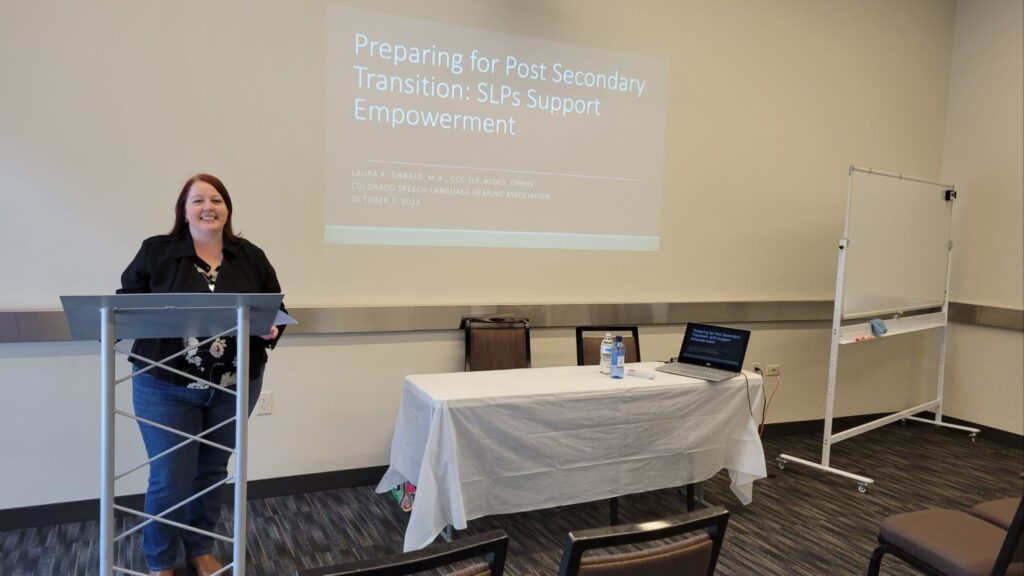
Interested in having Laura, the ND SLP Advocate, talk with your group?
Upcoming Events
Join ND SLP Advocate, LLC at an upcoming conference, event, or gathering to learn more about Laura’s work with Neurodivergent Learners.
